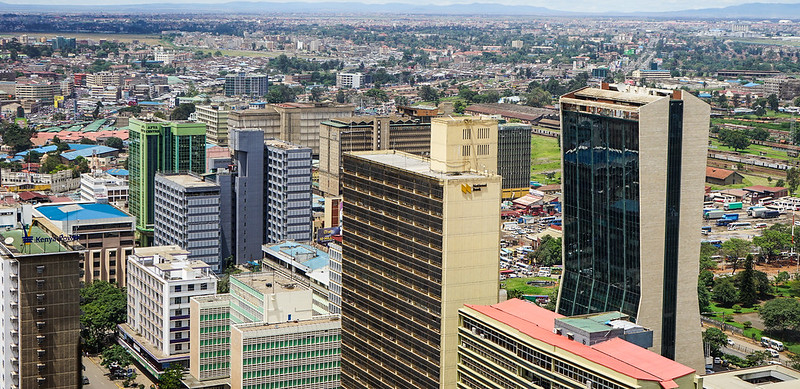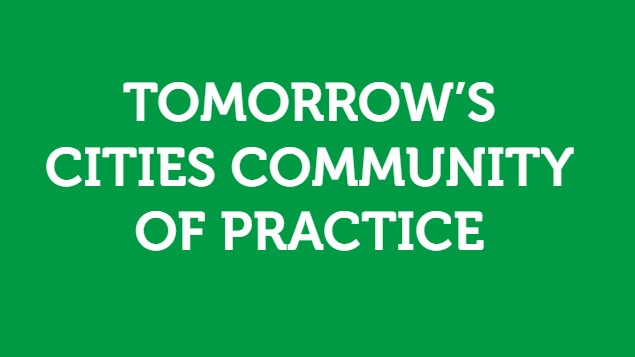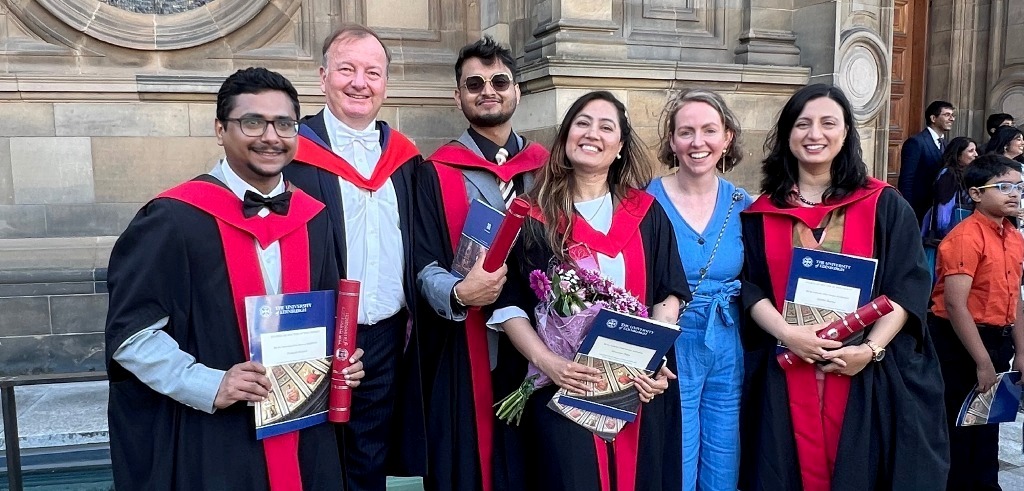
- Close
17/09/2020 | Nairobi
Cities and Resilience Seminar: Imagining future African cities in the post-COVID-19 world

On Thursday 3 September 2020, the Africa Research and Impact Network (ARIN), in collaboration with the Nairobi Risk Hub, hosted a seminar on the theme Resilient African cities beyond COVID-19. This was the first in a series of seminars, which will continue with Science, Technology and Innovation and Climate Action and Sustainable Energy, on 25 September and 30 October 2020 respectively. The seminars are aimed at stimulating discussions and debates that will inform the upcoming ARIN Conference, taking place on 18–20 November 2020. The overall output of the preparatory seminars and the conference will be a book volume titled Africa in the post-COVID-19 world: lessons for research and policy edited by Prof. Mark Pelling & Dr. Joanes Atela.
The Resilient African cities beyond COVID-19 seminar brought together a wide spectrum of stakeholders from diverse fields of urban planning, policy and governance, transport, architecture, disaster risk management and resilience, among others. The discussions were centered on three contexts:
- The context of COVID-19 and African cities
- How research can be used to influence resilience post-COVID-19, with empirical evidence being drawn from the following three projects; A systems approach to air pollution (ASAP), Governance of Socio-technical Transformation (GoST) and the Nairobi Risk Hub, all supported through ARIN
- Current trends in building resilience in African cities and how researchers can respond to the impacts of COVID-19.
Ever since COVID-19 hit the globe, urban areas have mostly been the epicenters of the pandemic. Measures that have been taken by various governance institutions to curb the virus spread have escalated the social-economic shocks that cities were already facing. African cities account for over 50% of the region’s GDP. Thus, economic recovery constitutes an essential element of the post-COVID-19 recovery discourse in urban areas, towards sustainable development.
From the discussions, which involved presentations and dialogues around smart cities, air pollution risk scenarios (cascading impact of hazards), policy and practice: an integrated policy framework to build resilient African cities, it emerged that vulnerability to COVID-19 and other disasters in urban areas reawakens the social justice discourse. Thus, it is critical to ensure that city governance systems incorporate participatory approaches given the central role played by the residents in urban development. The discussion also alluded to the importance of evidence-based planning and lesson learning to inform more prepared future African cities. In a panel discussion moderated by Prof. Alfred Omenya (CEO, Eco-build Africa), the current perspectives of African cities emerged, which pointed to some practical social, ecological, technical, economic, and political elements that could enhance resilience in African cities in the future.
The pandemic has emphasised the need to shift thinking from single hazard management towards the much needed integrated approaches, and it is now evident that we need to confront vulnerability and build resilience in order to reduce risk. Despite the continued negative impacts of COVID-19, the pandemic is offering an opportunity to collectively reform our African cities with regards to social, economic, political, and environmental livelihoods, especially for the urban poor. With the right financing for re-building, the COVID-19 pandemic will be a critical juncture for policy and development in building the resilience of the future African cities as envisioned in the AU Agenda 2063; ‘The Africa We Want’.
Photo credit: Nina R, Flickr



